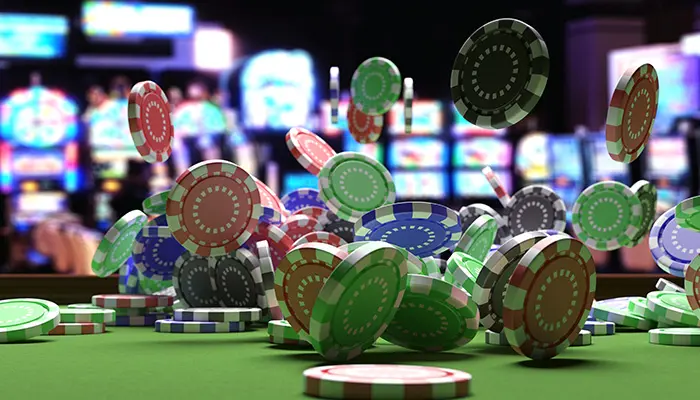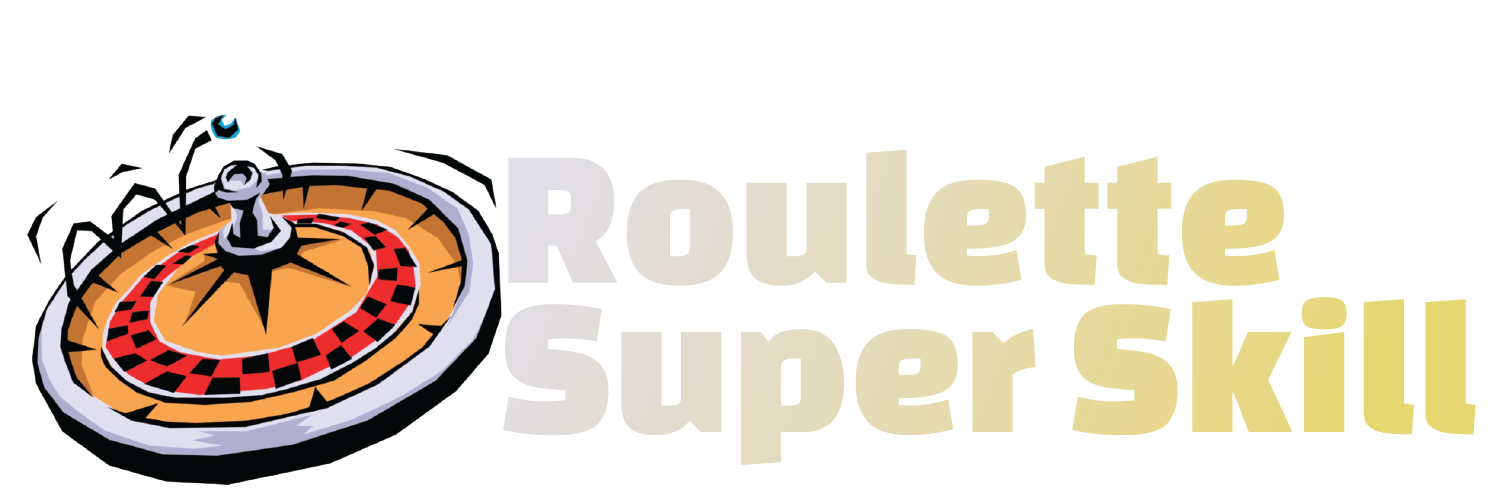
Loss aversion is a psychological bias in which individuals tend to give greater importance to losses than gains of comparable magnitude. This bias has widespread consequences on market transactions, intrapersonal decision-making processes, and behavioral regulations.
Loss aversion plays an integral role in gambling decisions, though exactly how it manifests is still unclear.
Risk-taking
Loss aversion is an important concept to understand when considering risk-taking in gambling. Loss aversion refers to an innate fear of losses that are more probable than gains and can prevent people from making rational decisions when faced with potential hazards.
Studies have also discovered that individuals who can accept losses tend to be less loss averse. This could be because they know they can recover from losses if any occur, or simply because they have less emotional involvement in the individual bets they place.
Researchers conducted an experiment to explore the psychology of loss aversion. They asked participants to select between two prospects with differing amounts of gain or loss and measured their preferences before computing their loss aversion coefficients. They compared these with ranges of gains and losses in each prospect, eliminating potential confounds due to differences in measurement or calculation methods.
Endowment effect
The endowment effect is a cognitive bias that indicates people value goods more when they possess them than when not. It has been linked to loss aversion, the tendency for humans to prefer avoiding losses over acquiring gains (Kahneman, Knetsch & Thaler 1991).
The psychology behind the endowment effect has many possible explanations, such as reference dependence and psychological ownership. However, most experts agree that loss aversion is the most credible explanation.
This behavioral bias explains why consumers who own items tend to be more willing to sell them than nonowners. This phenomenon, known as the endowment effect, has been extensively researched by Daniel Kahneman, Jack Knetsch & Richard Thaler.
Illusion of control
Illusions of control are cognitive biases in which people believe their actions cause events they have no actual control over. This bias can be especially prevalent in gambling, as gamblers often attempt to predict the outcome by rolling dice or pressing buttons on slot machines.
It is unclear what causes the illusion of control, but it appears to arise when there is a high probability that something will go right if participants act to obtain it. This phenomenon may be similar to another known as the illusion of causality, in which people assume a random event will happen if they take action.
There is a theoretical gap in how gambling research approaches the concept of control. It rarely looks beyond gambling-specific types (i.e., self-efficacy and sense of control) to more general types associated with mental health theories (Mirowsky & Ross, 2003).
Overconfidence
Overconfidence is a widespread cognitive bias that can affect anyone, regardless of gender, age, experience or field of knowledge.
Overconfident people tend to overestimate their abilities and rely on excessive certainty about accuracy. This can lead to suboptimal decision-making, which in turn often leads to negative outcomes in gambling activities.
Experts are particularly vulnerable to overconfidence. Nassim Taleb, a renowned expert on risk and probability, studied this bias and discovered that those who considered themselves experts were more likely to succumb to it than those without such credentials.
Overconfidence can be a major obstacle for newcomers in fields such as finance, sports, and entrepreneurship. Overconfident individuals often lack the motivation and drive to put in the necessary time and effort to hone their skills.








